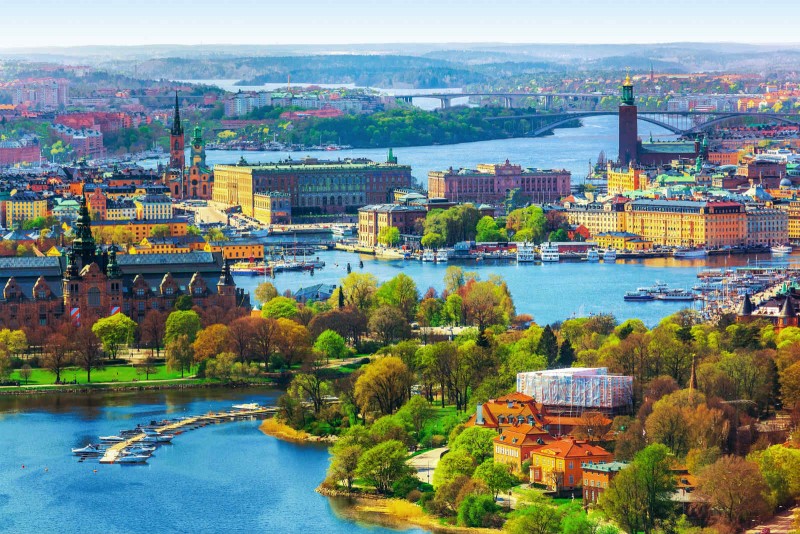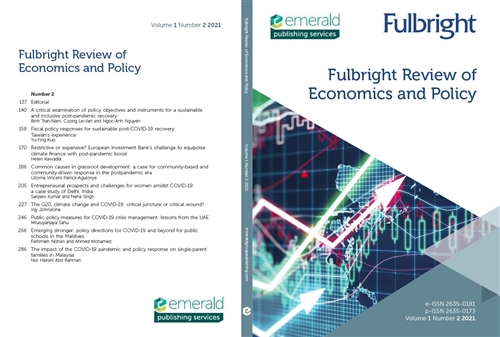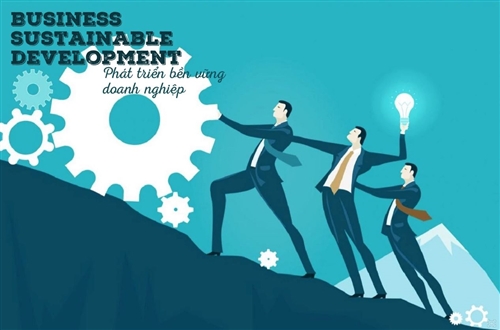There is a upward trend that investors are taking into consideration the environmental, social and governance factors in an investment decision-making process. In short, ESG is a set of standards to measure factors related to sustainable development and the impact that businesses have on the community. It is often used interchangeably with sustainable investing, socially responsible investing, and corporate social responsibility. These principles also apply to the government sector as their contribution is vital to achieve a vibrant economic recovery after the Covid-19 pandemic.
The days of massive Foreign Direct Investment (FDI) with no regard for environmental and social impacts are coming to an end. One should also bear in mind that high quality FDI will look for developing economies that emphasis following up on the ESG-principles. Furthermore, in a modern globalized economy, consumer power is important, and consumers are increasingly asking for products made in countries that take ESG seriously.

While ESG is first and foremost a concept developed by and for the private sector, it addresses many issues that are indeed most effectively handled in a public-private partnership. Ensuring sustainable use of energy and resources, building up social protection schemes as well as fighting corruption are tasks where both public and private actors play essential roles. In essence, these are all global challenges that all countries are facing – including Vietnam.
In conjunction with the Nordic Day on March 23, 2022, the Nordic Embassies in Vietnam (Denmark, Finland, Norway and Sweden) and Fulbright School of Public Policy and Management will co-organize a hybrid conference themed “Environmental, Social and Governance (ESG) – a business model for sustainable development”.

The purpose of this event is to showcase to a relevant Vietnamese audience how Nordic governments interact with private sector on ESG and offer good examples and experiences on how it has positively affected the Nordic societies.
More specifically, in addition to gathering local partners and businesses, a variety of experts from public and private sectors, academia, civil society etc. could join in virtually to share experiences in presentations and panel discussions on how to work more concretely with ESG. This could include addressing issues such as sustainable and responsible business, climate-sensitive analysis, social dialogue, anti-corruption, public-private partnership, etc.
The Nordics – pioneers of ESG
Each of the three elements of ESG comprises several criteria to be considered: Environmental criteria include inter alia actions related to climate change issues, such as the use of renewable energy sources, waste management program, eco-friendly design and innovation; Social criteria cover a vast range of potential issues, but one key aspect is a business’ relationship with its employees; governance, in the context of ESG, is about how a company is managed responsibly and sustainably.
The Nordic countries are often regarded as leaders when it comes to sustainability. In the 2020 SDG Index, which measures a country’s total progress towards achieving all 17 SDGs, 5 Nordic countries – Sweden, Denmark, Norway, and Finland – are top-ranked. They also dominate the ISS ESG Country Rating.
As for institutional investors in the Nordic region, ESG factors have long been recognized as a key component of investment. A survey among Nordic institutional investors conducted by NN Investment Partners indicates that ESG has become a norm in the Nordic asset management industry.

It is no surprise that Nordic countries rank highly throughout major ESG charts, as they uphold a long tradition of jointly promoting sustainable development nationally and internationally – from the creation of the United Nations Environment Programme (UNEP) as a result of the Stockholm conference in 1972, to the publication of the first Sustainable Regional Development in the Nordic Countries report in 2001, and to the introduction of Nordic Strategy for Sustainable Development 2013-2025.
- Thuy Hang
Related Articles

FSPPM wraps up 1st phase of citizen-powered innovation initiative project

FSPPM proposes economic development strategies for Hau Giang Province


